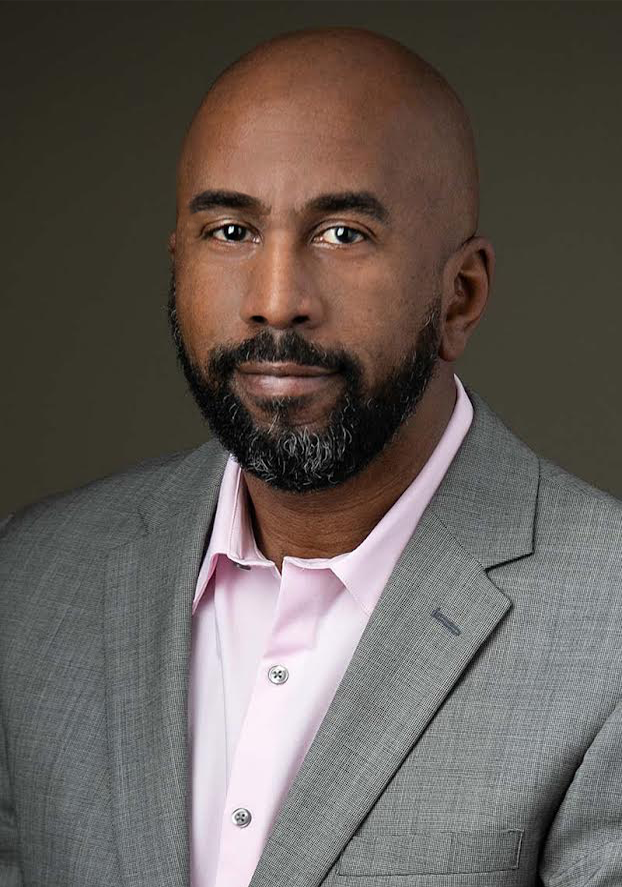In 2017, an injury during a pickup basketball game ultimately changed my life. No, I didn’t magically gain Steph Curry’s basketball acumen and become a basketball superstar. It was a finger fracture that changed the course of my health and life trajectory.
I expected a splint or maybe a cast, but the doctor insisted on running routine blood and urine tests, which showed less than routine results. I was told I had elevated protein levels and was referred to a hematologist, urologist, nephrologist, and oncologist to learn more. After a few months of more tests and questions, my hematology and oncology team officially diagnosed me with multiple myeloma, a blood cancer, in January 2018.
A lifeline of support for me was The Leukemia and Lymphoma Society’s Information Resource Center (IRC) where I received free one-on-one educational resources from trained oncology staff. Through the IRC, I learned more about my condition and lifestyle needs from dietitians, oncology social workers, nurses, and other health educators.
It was through LLS’ IRC I learned that Black Americans have at least twice the incidence of myeloma as any other race or ethnicity. Black men have the highest risk of anyone. We also receive less care and more frequently experience treatment delays. I was lucky enough to avoid these issues. Cancer is an incredibly expensive disease, and while I had the insurance to cover these charges, others do not.
LLS has made it part of their mission to provide access to care for Black communities through Myeloma Link:
- Myeloma Link is a grassroots effort that directly connects Black patients and caregivers to free myeloma education, information, support, and access to care.
- Community Outreach through myeloma awareness community education programs, patient education programs, and partnerships with senior centers and libraries help LLS reach these communities to share these critical health resources.
- Caregiver Support is offered through LLS. As my caregiver, my wife also called the IRC with questions about my treatment. Being able to talk one-on-one with experts helped us both feel empowered and encouraged about my treatment.
LLS was critical to my treatment and support plan, and now that I’m in remission, I’ve joined their mission to address health equity in Black communities. In 2019, I became a community outreach volunteer, which allowed me to interact with families going through blood cancer diagnoses and guide them to LLS. In 2021, I joined LLS staff as a Myeloma Link Community Outreach Manager. My role helps bring LLS’ myeloma support and resources to the Black community.
When working with patients and their families, I always stress the importance of people getting accurate and medically backed information. Folks should first focus on listening to their care teams and providers, then clarifying any further questions or confusion with the free education available from trusted sources like the blood cancer experts at LLS. I strive to guide patients toward evidence-based information.
If you or someone you love is struggling with myeloma, call us at 1-844-955-LINK or email MyelomaLink@LLS.org to get free support services and education.





